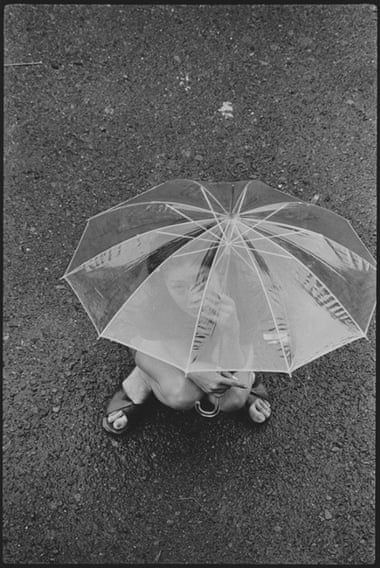Ruth Mair, UK, SSH Blog Correspondent

I have caught people photographing me without my permission and I usually try to mess up their photo in some silly small way, like pulling a face or rolling my eyes. I have also caught people drawing me on the bus, and I have heard of others having similar experience. Sometimes those creating their art based on strangers are repeat offenders (“Oh that dude on that bus with the sketchbook, yeah I’ve seen him before”), and somehow, they are almost always men. I do not know whether this is because men are the ones confident enough to pull such tricks, or defend themselves if caught at it. Perhaps it’s because there is a surplus of male artists out there without willing and consenting subjects for their art. Or maybe the women doing the equivalent thing are better at not getting caught.
In this context, I have been thinking a lot about women in art. Both as subjects of art, and also as artists. But the problem about women who have art made about them, is that they are subjects of it, subjected to it. Guerilla Girls have made some great pieces concerning this issue; it was via Guerilla Girls that I learned about the difference in number of women portrayed in art in major American art galleries, versus the number of pieces of art by women that were displayed in those galleries. And that was before even getting into question of the vast chasm between the money earned by female artists and that earned by male artists.
These are things we’ve come to expect one we acknowledge the existence of the patriarchy, and once you start digging, there is a lot of discussion concerning this. However what I am writing about here is the position of the woman as a subject, and fact that this can be done secretly, without consent, in passing, in the street, raised a lot of questions for me. It was a Guardian article that led me to this topic, and it’s been stewing in my head for several days, with a lot of related feelings and thoughts about consent and the feeling of being watched, or being a performer.
Subject of art, or complicit in its creation. Masahisa Fukase created a collection of photographs in 1974 that focused entirely on his wife Yoko. She is in every photo, complicit, consenting, even performing for him, the creator of the photo of which she is a subject. This project was 13 years in the making, and throughout that time, Fukase focused intensely on his wife and the creation of images of her. It might seem an obvious outcome to say that they got divorced. Yoko was quoted in the article as having said that her life with Fukase was “suffocating dullness interspersed by violent and near suicidal flashes of excitement”. This surprised me, but then I’m not married to an artist so it’s likely that I was interpreting her position as muse and subject in a different way to someone who has actually experienced that kind of life would have done.
All I could think was how suffocating it would be, how intrusive and exhausting, to have been observed in all that detail, through the eye of a lens for 13 years. And although Yoko was clearly an active participant in this project, I found that the photos begged the question of where the personal ended and the performance began.
Further, the question of consent, and the potential for violation through the medium (and even using the excuse) of art, is something I find deeply troubling. Like the story of Yoko Fukase which still troubles me. There are so many questions I would love to ask her about those 13 years; whether she knew which photos were to be used in the collection, whether she had any say in this, and what happened when she did not feel like having her photograph taken.
Aside from my small moments of messing up photos strangers have tried to take of me, I’ve never confronted anyone doing things like that. Like many other forms of street harassment, confronting those perpetrating it is full of difficulties and second guessing; were they really photographing me? Will they think I’m arrogant for assuming it’s me? Am I arrogant for assuming that? Shouldn’t I be complimented that someone wants to use my face or silhouette or passing blurred figure for their work?
But the in the same way that street harassment is a violation, so is this.
Ruth is a human rights MA student finishing her MA dissertation on the legal and normative rights of terror suspects in the UK (spoiler alert: rights are being violated). She also plays bass in a band called Kinshot, sews as often as she can, and spends time getting annoyed at the cat sleeping on top of her computer.

